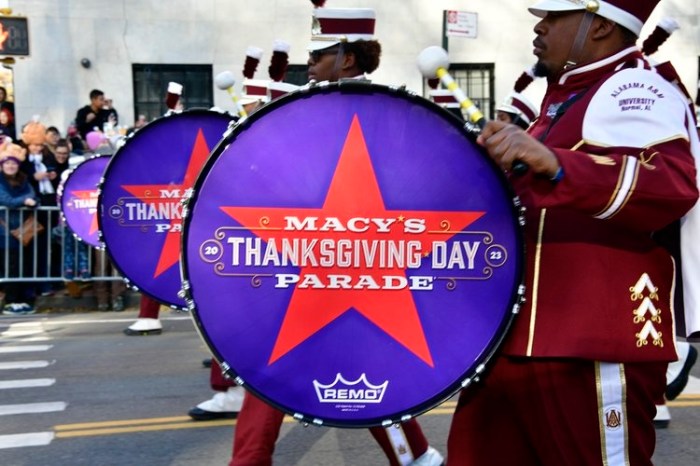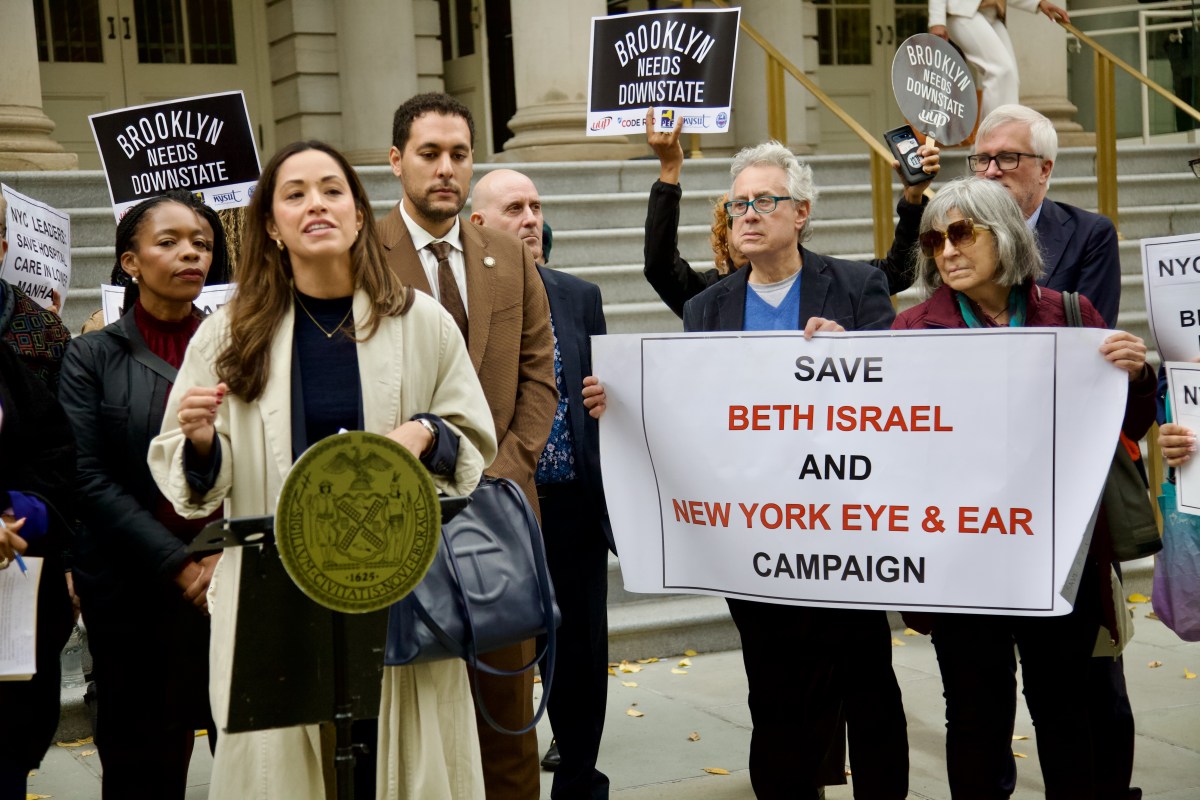BOISE, Idaho (AP) — A legal battle over abortion rights pitting one of the reddest states in the nation against the U.S. government has dozens of states and major medical associations seeking to weigh in.
Twenty states, Washington, D.C., the American College of Emergency Physicians, the American College of Obstetricians and Gynecologists, the American Academy of Pediatrics, and others are among those to have filed “friend of the court” briefs as of Wednesday, siding with the federal government’s claims that Idaho’s near-total abortion ban violates federal health care law.
“It will really place physicians in a lose-lose situation,” said Jeff Dubner, the deputy legal director for Democracy Forward, the legal team representing the coalition of medical associations.
Physicians who follow the federal law will be at risk of criminal prosecution and the loss of their medical license, said Dubner, and those who follow state law could damage patients’ health and place themselves and their hospitals at risk of federal fines or loss of funding.
The Idaho abortion ban makes performing nearly any abortion a felony, but allows physicians to defend themselves in court by showing that the procedure was necessary to save a patient’s life. The federal Emergency Medical Treatment and Labor Act requires Medicaid-funded hospitals to provide “stabilizing” treatment to patients experiencing medical emergencies, and the U.S. Department of Justice says that includes some abortions.
The Justice Department sued Idaho earlier this month in federal court and asked a judge to stop the abortion ban from taking effect.
Idaho’s neighbors in Oregon and Washington were among the states that joined to file another friend-of-the court brief, saying they fear the “spillover effect” the abortion ban could create as Idaho patients with ectopic pregnancies or other emergencies are sent to hospitals in Seattle or Portland for treatment.
States that are further away, like North Carolina, point out that their own pregnant residents could be at risk of death or harm if they happen to fall ill while visiting Idaho.
“Women’s lives are at risk because politicians are trying to take away their right to get the medical care they need,” said North Carolina Attorney General Josh Stein. “States are trying to ban abortions in all cases, including rape, incest and when the mother’s health is in danger. Denying women health care when their life or health is at risk violates federal law. I’m taking these actions to help North Carolinians who may need urgent care in other states as well as other women across our nation.”
Even if the federal government wins the case, it’s likely that most abortions will remain outlawed in Idaho, where three major abortion bans have been enacted in the last two years.
In court documents, the medical organizations argued that the ban’s “life of the mother” provision is too narrow to apply to real-life medical situations and fails to account for how quickly a pregnancy complication can turn deadly.
In the case of a pregnant patient with severe bleeding, “how many blood units does she have to lose? One? Two? Five?” the organizations wrote in court documents. “How fast does she have to be bleeding? Soaking through two pads an hour? Three? How low does her blood pressure need to be?”
Other professional organizations signing on to the friend-of-the-court brief include the American Medical Association, Society for Maternal-Fetal Medicine, National Medical Association, National Hispanic Medical Association, American Academy of Family Physicians and the American Public Health Association. The American Hospital Association and the Association of American Medical Colleges wrote a separate brief also supporting the Justice Department.
The states, meanwhile, pointed out in court documents that abortion bans in other states have already led to delays or denials of emergency medical care.
One patient traveled to Michigan after being denied care for an ectopic pregnancy in her home state because the fetus still had detectible cardiac activity — making an abortion potentially illegal under so-called heartbeat laws, according to the brief.
In Missouri, one hospital required special pharmacist approval to dispense medications needed to stop severe bleeding that occurred after patients gave birth, leading to delays in care. And a Wisconsin patient who was having a miscarriage was bleeding in the hospital for 10 days before the hospital would remove the fetal tissue because of confusion about the legality of the procedure, the states said.
California, New York, Colorado, Connecticut, Delaware, Hawaii, Illinois, Maine, Maryland, Massachusetts, Michigan, Minnesota, Nevada, New Jersey, New Mexico, North Carolina, Oregon, Pennsylvania, Rhode Island, Washington state and Washington, D.C., all signed on to the friend-of-the court brief.
Attorneys representing the state of Idaho and the Idaho Legislature have argued that the U.S. Supreme Court’s decision overturning Roe v. Wade gave states the right to determine if or how abortions will be handled, and that the state law, dubbed the 622 Statute, doesn’t actually present any risk to patients or providers.
“The Government’s picture of a conflict between (Emergency Medical Treatment and Labor Act) and the 622 Statue is fabricated and false, without any foundation in fact,” attorney Daniel Bower wrote for the Legislature.
Treating an ectopic pregnancy is not actually an abortion, and so isn’t barred by the state’s ban, the Legislature contends. Abortions performed to save the life of the mother won’t be affected by the law, wrote Bower, and any other emergency abortions that might be affected are extremely rare.
When they do occur, the doctors won’t be prosecuted, Bower wrote in the brief.
“This State’s prosecuting attorneys, in the standard and ordinary exercise of their prosecutorial discretion, will not second-guess the judgments and decisions of the involved medical professionals,” Bower said.
Hannah Schoenbaum contributed from Raleigh, North Carolina. Schoenbaum is a corps member for the Associated Press/Report for America Statehouse News Initiative. Report for America is a nonprofit national service program that places journalists in local newsrooms to report on undercovered issues.
























